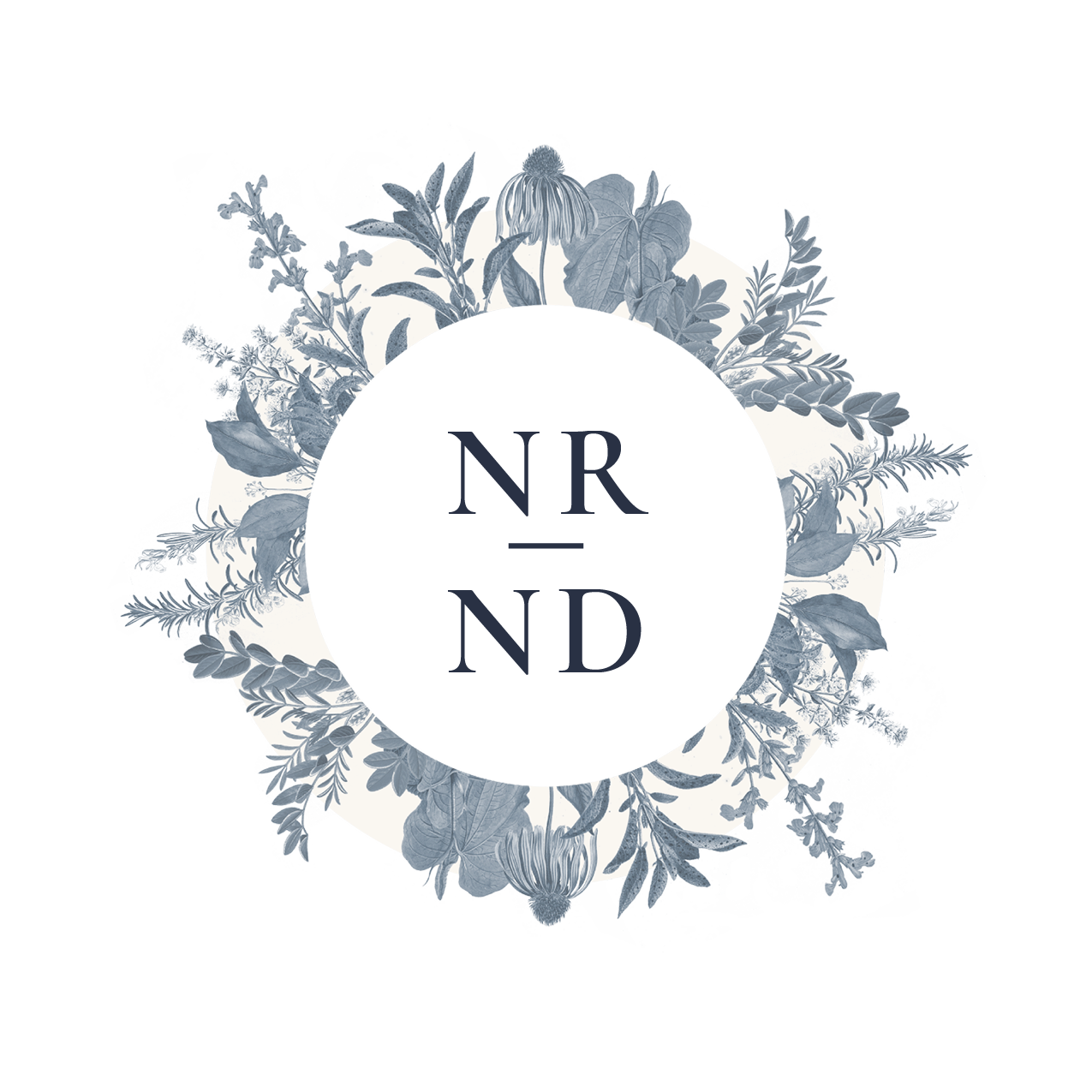I don’t know about you guys, but this daylight savings really took a toll on me. I will admit that it happened at the transition into my birthday, which meant that I had people over at my house until 2:30am that then turned into 3:30am!!! That was definitely a rude awakening, and meant that my actual Birthday consisted of me sleeping until 5pm – no joke. A girl needs her sleep.
Photo by Jackman Chiu on Unsplash
So besides that day-after torture, what is the time change actually doing to us on a deeper level? The week that we struggle to adjust and get into a new sleep routine, how is our overall health being affected?
Sit tight, I’ve got some doozies for you. But before that:
There is an awesome episode of Hidden Brain podcast available (embedded below) that reminded me JUST how important sleep can be. Matthew Walker is a professor of neuroscience and psychology at the University of California (Berkeley), and he has some great words of wisdom to share in the podcast. He refers to sleep as the “swiss army knife of health” because it has so many beneficial functions!
The hidden dangers of losing one hour of sleep
Here are some of the things that are affected by ONE lost hour of sleep. Yes, you read that right – ONE hour less per night can contribute to any of the following:
1. Heart Health
Studies have found that in the two days following daylight savings time – after only one hour loss of sleep – rates of stroke increase by 8% and heart attacks increase by 24%. Sleep deprivation is thought to be a definite player in this connection. The opposite is seen when we set the clocks BACK and GAIN one hour of sleep – rates of heart attack and stroke decline.
2. Weight Management
Any amount of sleep loss affects the hormones in the body that control appetite. Because we are not getting enough fuel from sleep, our body tries to compensate by making us feel hungrier the next day and also increases cravings for foods high in sugar and fat (ie. chips and ice cream). I notice this all the time! If I haven’t had a good night’s sleep, all I want to eat is easy and fast food.
3. Accidents
Workplace accidents as well as deadly car crashes are more common after daylight savings time. Additionally, there is often a temporary rise in the number or suicides this time of year.
4. Cancer Risk
After a single night of short sleep (ie. 4 hours or less), the next day there is a 70% drop in our level of natural killer cells. NK’s are critical anti-cancer cells in our body. Insufficient sleep has been linked to breast, prostate and bowel cancer. The World Health Organization deems this link so strong that they have classified any job that requires night shift work or disrupted sleep patterns to be a probable carcinogen – meaning that the job can possibly induce cancer due to disruption in sleep rhythms. Scary stuff. *This is why, with any of my patients who are nurses or other shift-workers, sleep is ALWAYS a priority of my treatment focus, even if they didn’t come in with sleep as their primary concern.
“When sleep is deficient there is sickness and disease. When sleep is abundant there is vitality and health”
Photo by Sarah Gray on Unsplash
The Amazing Benefits of A Good Night's Rest
With the bad news out of the way, let’s summarize the awesome benefits of a FULL 8 hours sleep:
1. Cognitive Function/Memory
Deep or non-REM sleep is particularly important at helping us remember information from the previous day. This is a big reason why cramming for an exam and pulling an all-nighter isn’t the best strategy. If you’ve got brain fog or feel like your memory isn’t what it used to be, then sleep is the first place that needs improvement!
2. Free Therapy
Dream sleep or REM sleep does an awesome job at processing emotional experiences. In Matthew Walker’s words “You wake up with a memory of an emotional event that is no longer emotional itself”. So a painful experience from yesterday feels much less painful after you’ve had a good night’s sleep.
3. Creativity
EM sleep spurs creativity! Get those juices flowing!
4. Decreased Stress
One of our stress hormones called noradrenaline is shut off during REM sleep. Less stress at night helps to modulate our daytime stress levels as well.
And as Matthew Walker brilliantly points out “your subjective sense of how well you’re doing with little sleep is different from your objective sense” on your overall health, wellness and cognitive function. Basically, it’s like a drunk driver saying that they feel fine to drive, when to an outsider it is obvious they are in an incapable state.
So what is the message from all of this?..
You need 8 hours of sleep. Period.
For many tips on how to get your sleep in shape, follow me on instagram and check out my most recent series of posts on sleep hygiene! You’ll feel more energetic, and be doing yourself a load of other good along the way!
~Dr. Rush, ND




